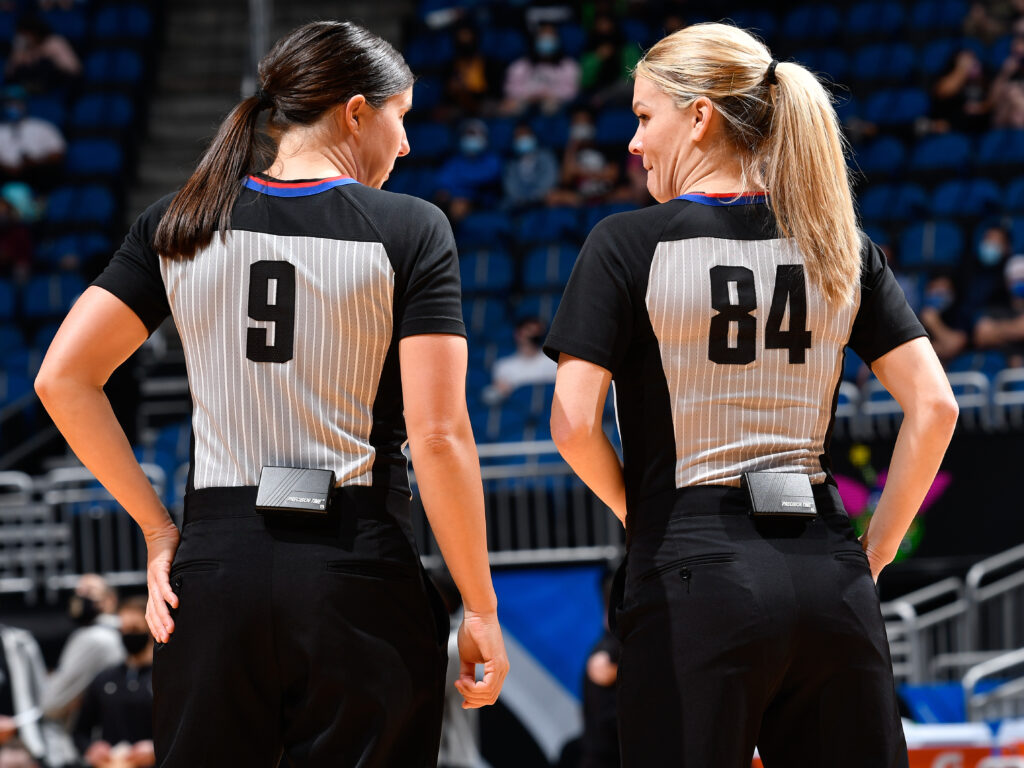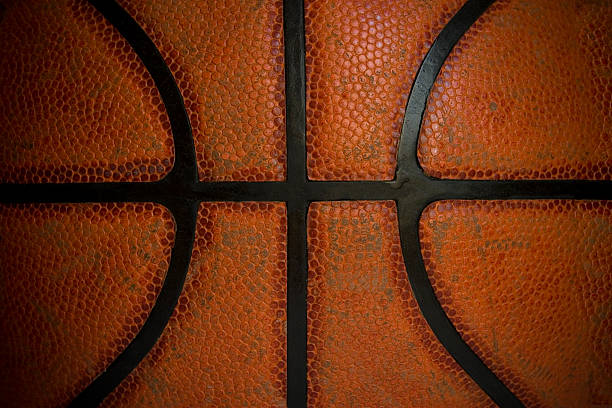There is a rash of jawing at the referees in all sports at all levels. Its unbecoming behavior. Upon looking up the spelling of jawing in Webster’s Dictionary, the example provided was “jawing with the referee.” This post’s title is “at” the referee, since it seems a one way activity by players and an unreciprocating dialogue back from officials. Until the referees have had enough.
Good sportsmanship is a term and state of athletic participation from a bygone era. Today’s pros, young players, fans, and parents show scant humility toward authority, the referee. Because of its prevalence on TV, we see moms, dads, and coaches do the same thing at kids’ games. Come on. The behavior is unacceptable. This muse believes the complaining about calls must lessen. Turn the heat down. Especially adults/parents barking at kid referees during kid/youth contests. Just stop it.
The aggressive arguing at the pro level normalizes it. Players appear to be constantly arguing with referees. While those arguments appear increasingly more toxic. NBA Hall of Famer, former NY Knickerbocker, Walt “Clyde” Frazier has strong opinions on this topic too. Clyde asks “Why argue with the refs? Ever see one change his mind?” In his 13-years as an NBA player, Clyde received not one technical foul. During a broadcast, he says to play-by-play announcer, Mike Breen, ” I don’t understand it. I never spoke to the officials. Just get back into the game and play basketball.”
What to do? Its okay to ask for clarification, so that one can learn or better understand why certain calls are made. Engage with the referee in a civil and polite manner. Arguing is unproductive. Do not encourage players to confrontationally engage with referees. It is an example of poor sportsmanship. Acting up toward a referee shows a lack of self-control. It causes game interruption and disrupts game flow for others. It can also bias an official toward a team- even though they are not allowed to exhibit bias in any way.
When a referee makes a close call, the rules dictate that the play becomes a judgement call. This means that the outcome is determined by the referee’s ruling regardless of how the play may have appeared. Treat officials, their knowledge, and their opinions with respect. When to address a referee? Preferably when they are free to engage in discussion. This can be dead-ball time, during a timeout, or between quarters. Keep the exchange focused and brief. Voice control is helpful. Maintain an even and confident tone. Ask the referee “what did you see?” That begins a thoughtful exchange and listening by both parties.
What lead the Muse to this topic? During the WNBA Las Vegas (LV) Aces game against the Connecticut (CT) Sun (9/6), a Sun player was assessed a technical foul midway through the 4th quarter for aggressively disputing a call and jawing at the referee. It had been building up all game with physical play, contact, fouls, barking at the referees, and bodies strewn on the hardwood. The Sun lead throughout the game up until that point. The Aces made the free throw and got offensive possession. Baskets were exchanged by both teams as did the ensuing lead changes. However, game momentum now significantly shifted toward the Aces. With 2:09 left in the game, the Aces took the lead and kept the lead for the comeback win. The Muse was in attendance and believes that CT lost the game because of that technical foul. Maybe a different outcome without it.
Top carpers in the WNBA are from the Phoenix (PHX) Mercury, Diana Taurasi (7), Natasha Cloud (7), and Kahleah Copper (6). One of Taurasi’s technical fouls was recently rescinded by the league, so officially she has 6. Of note, beloved rookie Caitlin Clark, Indiana (IN) Fever is in the next tier of offenders with 5 technical fouls. In the WNBA technical fouls are assessed for unsportsmanlike conduct or violations. Examples include disrespectfully addressing an official, physical contact with an official, profanity, taunting, resentment to a call with overt actions, and a coach onto the court without permission.
What happens in the WNBA on the 7th technical foul? The player or coach is automatically suspended one game without pay and fined $800. For every two additional technical fouls for the offender is an automatic suspension for an additional game. Unsure about an additional $800 fine, but likely so. Natasha Cloud (PHX) has already sat out a game for accruing her 7th technical foul.
On “X,” formerly known as Twitter, the Muse celebrates WNBA games that are absent technical and flagrant fouls. These games are usually in the minority, but considered noteworthy for their sportsmanlike play.
And yes, referees do make mistakes.
There were informative articles on this topic gleaned from “Referee,” the world’s original sports officiating magazine, whose purpose is to educate, challenge, and inspire officials at all levels (referee.com).

